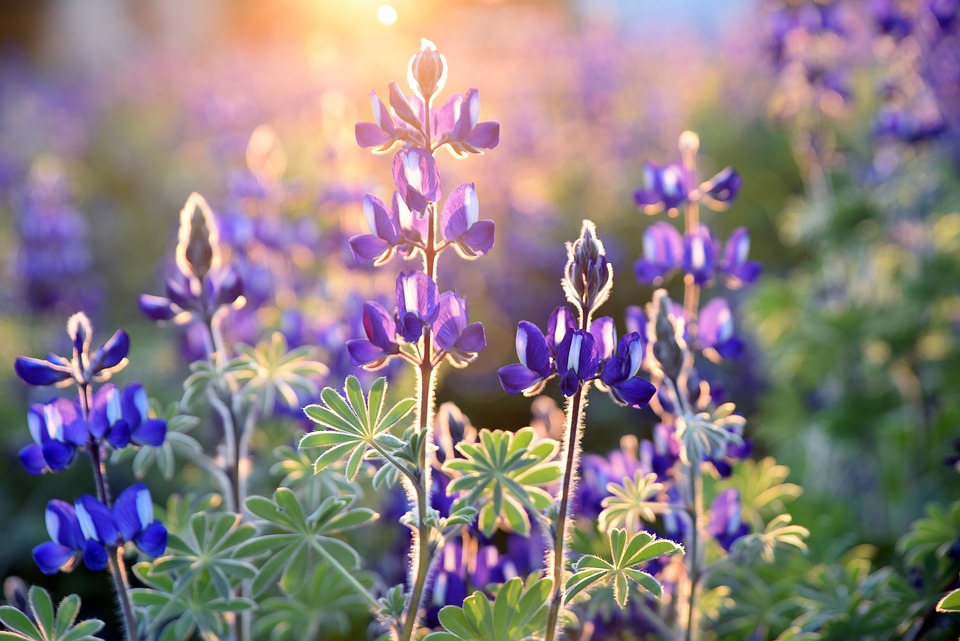The Essential Guide to Sustainable Gardening
Introduction
Gardening is not just about growing beautiful plants and flowers; it is also an opportunity to minimize our environmental impact and contribute to a more sustainable future. By adopting sustainable gardening techniques, you can create a thriving garden while protecting natural resources and promoting biodiversity.
Minimizing Water Usage
Water is a precious resource, and it is important to use it wisely in the garden. Here are some tips to minimize water usage:
- Install a rainwater harvesting system to collect and store rainwater for irrigation.
- Water plants deeply but less frequently to encourage deep root growth.
- Use mulch around plants to retain moisture in the soil.
- Group plants with similar water requirements together.
- Consider using drought-resistant plants that require less water.
Choosing Sustainable Materials
When it comes to materials used in the garden, it is important to choose sustainable options. Here are some suggestions:
- Opt for organic and locally sourced fertilizers and compost.
- Use natural pest control methods such as companion planting and beneficial insects.
- Avoid synthetic pesticides and herbicides that can harm beneficial insects and pollinators.
- Use recycled or reclaimed materials for garden structures and pathways.
- Consider using permeable paving materials to minimize water runoff.
Promoting Biodiversity
A sustainable garden should support a variety of plants, animals, and insects. Here’s how you can promote biodiversity:
- Plant native species that are well-adapted to the local environment.
- Create habitats such as birdhouses and pollinator-friendly gardens.
- Provide a water source, like a birdbath, for animals and insects.
- Avoid excessive pruning to allow natural habitats for wildlife.
- Encourage beneficial insects by planting flowers that attract them.
Eco-friendly Waste Management
Proper waste management is essential for a sustainable garden. Here are some waste reduction and recycling tips:
- Compost garden and kitchen waste to create nutrient-rich soil.
- Use grass clippings and fallen leaves as mulch or compost ingredients.
- Avoid using plastic containers and opt for reusable garden tools.
- Reuse materials like plant pots and trays whenever possible.
- Recycle any plastic, glass, or metal waste generated in the garden.
FAQs
Q: How often should I water my plants?
A: It depends on the type of plant and the weather conditions. Generally, it’s better to water deeply but less frequently to encourage deep root growth. Check the soil moisture level before watering.
Q: Can I use chemical pesticides in a sustainable garden?
A: It is best to avoid using synthetic pesticides in a sustainable garden as they can harm beneficial insects and pollinators. Consider using natural pest control methods such as companion planting and attracting beneficial insects.
Q: How can I attract pollinators to my garden?
A: Planting a variety of flowers that attract bees, butterflies, and other pollinators is a great way to increase their presence in your garden. Provide them with a water source like a shallow birdbath and avoid using pesticides that can harm them.
Q: Can I use treated wastewater for irrigation?
A: Using treated wastewater, also known as graywater, for irrigation is a sustainable practice. However, it is important to follow local regulations and guidelines regarding the use of graywater.




